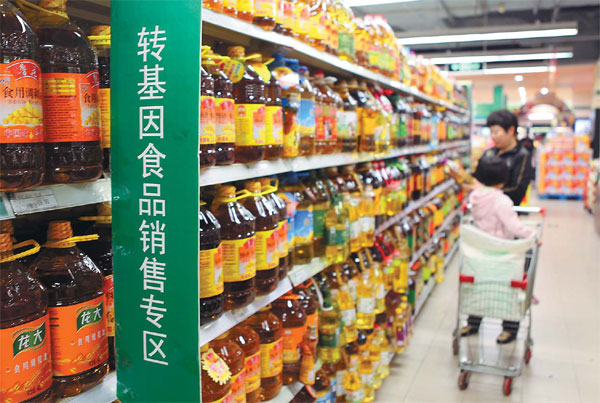
USDA Report Says Pesticide Residues in Food Nothing to Fear
More than half of food tested by the U.S. government for pesticide residues last year showed detectable levels of pesticides, though most were within levels the government considers to be safe, according to a report issued Friday by the U.S. Department of Agriculture.
The USDA looked at fresh and processed fruits and vegetables as well as infant formula, apple juice, and other products.
December 19, 2014 | Source: Reuters | by Carey Gillam
More than half of food tested by the U.S. government for pesticide residues last year showed detectable levels of pesticides, though most were within levels the government considers to be safe, according to a report issued Friday by the U.S. Department of Agriculture.
The USDA looked at fresh and processed fruits and vegetables as well as infant formula, apple juice, and other products.
Before allowing a pesticide to be used on a food commodity, the Environmental Protection Agency sets "tolerance levels," for how much of a pesticide can remain in the food that reaches the consumer. The USDA's sampling is designed to help ensure that pesticide residues are kept within those tolerance levels.
As has been the case with past analyses, the USDA said it did not test this past year for residues of glyphosate, the active ingredient in Roundup herbicide and the world's most widely used herbicide.
A USDA spokesman who asked not to be quoted said that the test measures required for glyphosate are "extremely expensive… to do on an regular basis".
Concerns about glyphosate and other pesticide residues on food have been a hot topic of debate in the United States recently, and contributed to the passage of the country's first mandatory labeling law for foods that are genetically modified in Vermont earlier this year. Many states are pursuing similar labeling laws. Some local governments have also been trying to rein in pesticide use on food due to health concerns.
Many genetically modified crops can be sprayed directly with glyphosate, and some consumer and health groups fear glyphosate residues in foods are harmful to human health, even though the government says the pesticide is considered safe.
